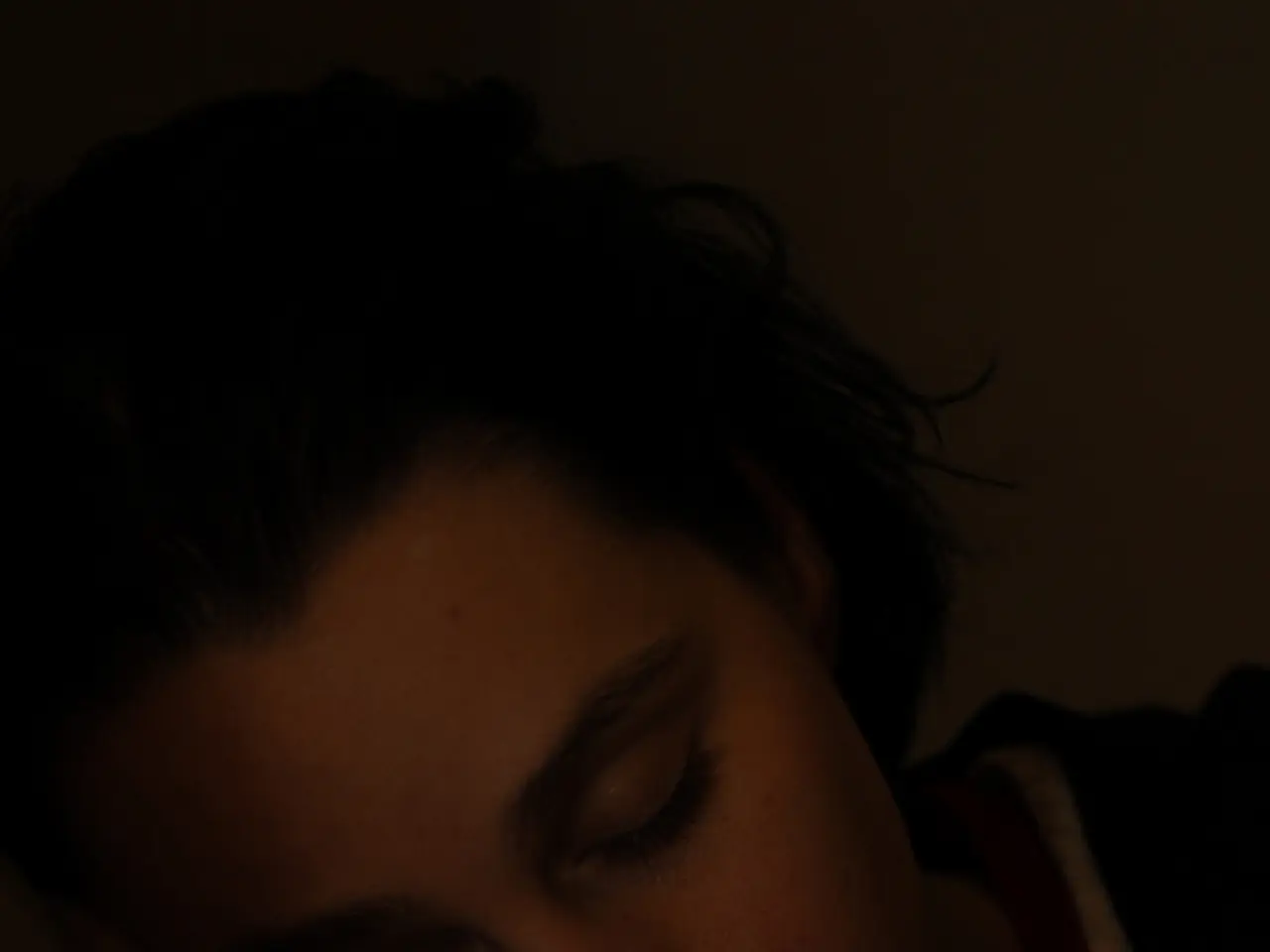Fear of sleep: Recognizing signs, causes, remedies, and additional information
In the United States, specific phobia is a prevalent psychological disorder, affecting approximately 12.5% of the adult population with a lifetime history [3]. This makes it one of the most common psychological disorders in the country. However, when it comes to a specific type of phobia known as somniphobia (fear of sleep), the data is less clear.
While somniphobia is considered a type of specific phobia, it is not separately quantified in large-scale epidemiological studies. It is likely that somniphobia represents a smaller subset of the 12.5% lifetime prevalence of all specific phobias in the U.S. adult population [3].
Anxiety disorders in general are quite common. Approximately 19.1% of U.S. adults experience symptoms of anxiety disorders in the past year, with up to 31.1% experiencing symptoms at some point in their lives [1]. Specific phobia often co-occurs with other anxiety disorders, such as OCD, where 76% of those with OCD have a history of another anxiety disorder, including specific phobia [1].
Cognitive behavioral therapy (CBT) is a treatment for somniphobia that helps people become more mindful of their thoughts, understanding how thoughts influence feelings and behaviors. Other self-help strategies for coping with somniphobia include establishing a relaxing bedtime routine, incorporating relaxation exercises like deep breathing or mindfulness, and maintaining a sleep-friendly environment.
Exposure therapy provides a safe and controlled way to help people manage what triggers their fear, particularly for specific phobias like somniphobia. CBT-i, a specialized form of CBT for sleep issues and fears, combines relaxation techniques, sleep hygiene education, stimulus control, cognitive awareness, and sleep consolidation practices.
Certain medications like beta-blockers or benzodiazepines may help with anxiety and phobias related to sleep, but caution should be exercised as they could potentially lead to insomnia. Support from friends, family, or support groups can provide a valuable source of encouragement and understanding for individuals dealing with somniphobia.
If your fear of sleep begins to affect your daily life, cause distress, interfere with healthy sleep patterns, or lead to physical symptoms such as insomnia, fatigue, or heightened stress levels, it's important to seek help from a doctor.
For more evidence-based information and resources on the science of healthy sleep, visit a dedicated hub.







